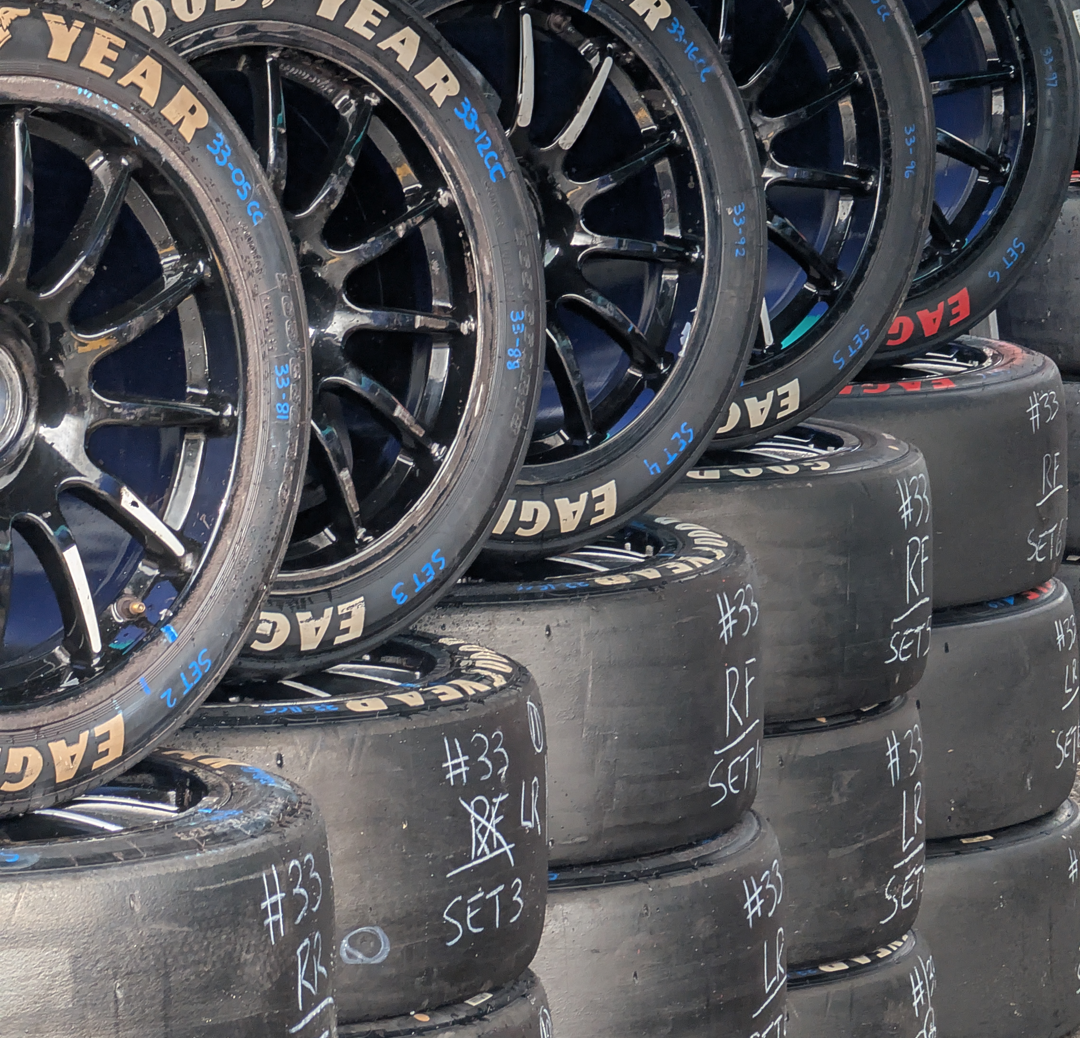Insights

05/05/2025
We’ve spent so long talking about work-life balance, we’ve almost forgotten something important: For many of us, work isn’t just a job. It’s a source of meaning, identity, and purpose.
Whether you’re running a business, leading a team, or building a career you care deeply about, work matters. A lot. It’s not just the thing you do to fund your “real life.” It is part of your real life.
But somehow, in the well-intentioned conversation around wellbeing, we’ve started to treat passion and professional intensity like a red flag.
Passion isn’t the problem.
Let’s be honest: many of the people we work with – engineers, designers, leaders, entepeneurs, changemakers – don’t clock off at 5pm and forget everything until morning. And they don’t want to. They care about what they do.
That’s not unhealthy. That’s human.
What is unhealthy is the subliminal message we sometimes send:
"If you’re deeply invested in your work, you're probably headed for burnout.”
The truth is more nuanced. Passionate work can be sustainable. But only if we stop pretending it’s all about switching off, and start designing balance that works for the way people really live and lead.

Redefining resilience
At Advance, we work with high-performing teams where intensity is often part of the territory. We don't ask people to tone down their drive. Instead, we help them create environments – and inner habits – that protect energy, foster emotional resilience, and encourage self-awareness.
That starts with leaders. The example they set matters – not just in how they show up, but in how they recover, reflect, and create space for others to do the same.
Being passionate about your work isn’t something to feel guilty about. But that passion needs fuel. Rest. Reflection. Clarity. Diverse perspectives. And teams where differences in energy, style, and behaviour are respected and harnessed.

So what does balance really mean?
It’s not about rigid separation. It’s about integration.
It’s not about switching off completely. It’s about knowing when to switch off – and feeling safe to do so.
Balance is:
- Leading with intensity, while showing vulnerability
- Caring deeply about your work, while still caring for yourself
- Creating space for recovery without losing momentum
- Building diverse teams where passion looks different for everyone

A better question for leaders to ask
Forget “how do I switch off?” for a second.
Try this instead:
“How do I sustain the things I care deeply about, without burning out the team or myself in the process?”
If that resonates, we’d love to talk.
Because at Advance, we don’t just work on performance, we work on the people who power it.

Insights
The Professional Collaboration Series: Blog 5 of 8: The Licence Problem, Part 2: How Your Systems Silence Dissent (Without Anyone Noticing)

Insights
The Professional Collaboration Series: Blog 4 of 8: The Licence Problem, Part 1: Why Structure Determines Who Can Challenge Whom

Insights
The Professional Collaboration Series: Blog 3 of 8: The Courage Deficit: Why Knowing What to Say Isn't Enough

Insights
The Professional Collaboration Series: Blog 2 of 8: The Three Dimensions That Make Disagreement Work (or Fail)

Insights
The Professional Collaboration Series: Blog 1 of 8: The Three Hidden Reasons Disagreement Fails in Complex Environments

Insights
Community Rail Conference: A Celebration of Collaboration and Passion

Insights
Building Foundations: Advance's Canadian Infrastructure Journey Takes Shape

Insights
The SDG Integration Opportunity: From Parallel Progress to Connected Impact

Insights
Mental Health Doesn’t Take a Day Off – and Neither Should We

Insights
Why Big Infrastructure Projects Are Struggling with Biodiversity Net Gain (And How Better Collaboration Could Change Everything)

Insights
What I Hope to Bring to the Advance Party

Insights
The Deeper Story Behind Our Numbers

Insights
Advance Joins SME Alliance Partners on UK Government’s CCS Management Consultancy Framework Four (MCF4)

Insights
From Ashes to Grid: How Power Maxed Racing Redefined What's Possible in Five Days

Insights
The skills revolution is here. Are we ready for what comes next?

Insights
Beyond “That’s Really Good”

Insights
What the UK’s Infrastructure challenges reveal about strategic leadership

Insights
A new way to map your leadership team.

Insights
Building ‘What If?’ Cultures

Insights
The problem with 'nice' teams...

Insights
You don’t become a leader when you get a job title.

Insights
Kindness > Capability (And here’s the data to prove it)

Insights
The question you should be asking…

Insights
Energy for Impact

Insights
Advance Consultancy Partners with Community Rail Network to Drive Sustainable Development

Insights
Are you Keane on Teamwork?

Insights
Real People, Real Impact: The Essence of Social Value

Insights
Advance's B Corp Journey to Certification

Insights
MVP or... MVP…

Insights
One Blog a Year (OK, maybe two..) like this will see me right

Insights
My First "6 Weeks" in Advance

Insights
One Blog a Year like this will see me right

Insights
Biting the Bullet

Insights
The Problem with Mergers …

Insights
The Start of Advance's Sustainability Journey

Insights
Skills for the Next Quarter Century

Insights
The Advance Reading List – Part 1

Insights
What has Colin the Caterpillar got to do with leadership development? (Learn2Develop - Part 2)

Insights
When Greta met Russell … becoming a reluctant leader

Insights
Trust & Productivity – the Private Sector Construction Playbook

Insights
What has Sustainability ever done for us?

Insights
We’re really not that clever…

Insights
Learn 2 Develop – Part 1 by Al Simmonite

Insights
What’s in a name? Moving from Respect-Challenge-Deliver to Challenge-Support-Evolve

Insights
A tough Week, or was it?

Insights
Paradoxes & The Advance Consultancy

Insights
The importance of heritage

Insights
DOs and DON’Ts of Returning to Work post Lockdown - A Leadership Perspective

Insights
Been there, done it… lost the T-shirt?

Insights